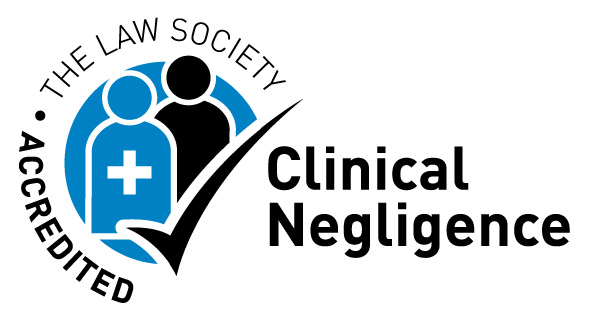CONTESTED PROBATE
It is an unfortunate fact that the death of a family member, close friend or loved one can bring forward disputes and acrimony at a time when they are least wanted; when grieving has properly to start let alone to finish. We believe the skills we bring as qualified mediators are an asset at times like these.
Challenges to beneficial entitlement can be brought whether there is or is not a will in existence. Where there is a will, its terms will control what the testator wished to do in disposing of their assets. Where there is no will, there is a statutory scheme for the disposal of the assets.
A WILL
A will is the written document by which a person (the testator) makes arrangements for the disposal of their assets on their death. To be valid, it must meet certain legal formalities, but subject to these can, oddly you may think, be written by anyone. Taking advice, particularly if there may be tax issues or if you are planning to exclude someone who might believe they may or should benefit, is wise. If you don’t comply with the formal requirements of a will, you may find that the rules of intestacy (where there is no valid will) divide the estate in a very different way than was intended.
CHALLENGES TO A WILL
These may include the following, common, challenges to a will:
- Lack of testamentary capacity – the testator is considered to be ‘not of sound mind’ and therefore either not capable of understanding the instructions they give for the terms of the will, or do not understand the extent of the estate they are distributing. It is necessary for the testator to understand their estate, the instructions they give for the terms of the will, and why they give those instructions.
- Lack of knowledge and approval – may arise in several circumstances. The general rule is that where a will is validly executed, it is presumed the testator understood the content of the will and approved it. In other words, the testator knew the will properly reflected the instructions given for it. Cases where it has been necessary to prove knowledge and approval have included testators with particular conditions such as blindness and deafness; paralysed testators; illiteracy; and where a will is signed other than by the testator but at the testator’s direction.
- Coercion – the testator must freely give instruction for the will and must not do so under pressure from a third party as to what to put in to, or omit from, their will. That is all the more so where the person alleged to be manipulating or pressurising the testator benefits from the will.
- Lack of due or proper execution – where the formality of the testator signing the will in the presence of two independent witnesses who are both present at the time of signing and who then sign themselves as witnesses, is challenged.
- Fraud – where there is evidence that the will is not the true will of the testator but has, for example, been written by someone who has then forged the signature of the testator on the will to make it seem genuine.
- Proprietary estoppel – where someone says that part or all of the estate was promised to them by the testator; that they believed and relied upon that promise; and in reliance on that promise, acted to their detriment.
INHERITANCE (PROVISION FOR FAMILY AND DEPENDANTS) ACT 1975
Separately, it is possible to bring a claim for financial support from an estate, if you believe insufficient provision has been made for you whether by a will or an intestacy. Such claims are limited to spouses, civil partners (subject to terms), former spouses or civil partners who have not remarried, children of the deceased and people treated as a being child of them by the deceased, and any person being partly or wholly maintained by the deceased at their death.
TIMESCALES
There are some strict timescales for bringing certain claims, which can be as little as 6 months from the grant of probate.
IMMEDIATE STEPS
It may help you case if you are able to lodge what is known as a caveat, which means probate cannot formally be granted and the estate cannot be collected in and administered. It must be preserved.
CONTACT US
If you would like to know more about any of the issues raised here, please contact Jonathon Stokes. We offer impartial advice on the options open to you and can assist in seeking to reach an amicable resolution to any concerns you may have, or to any concerns raised with you if you are an executor of a will.


